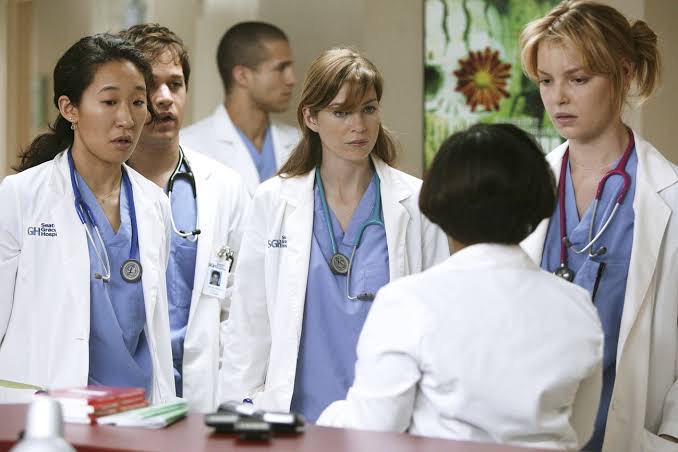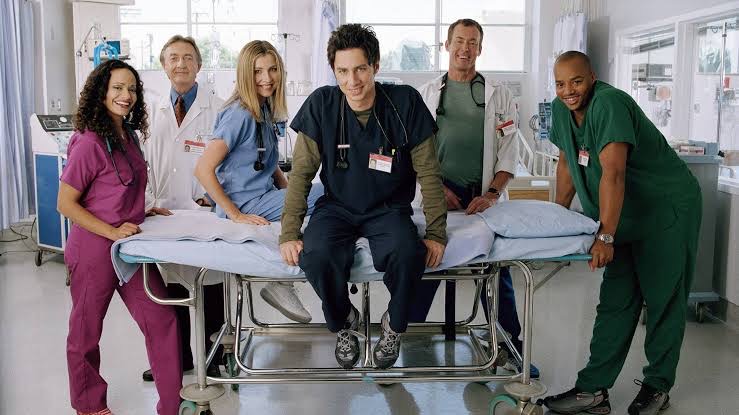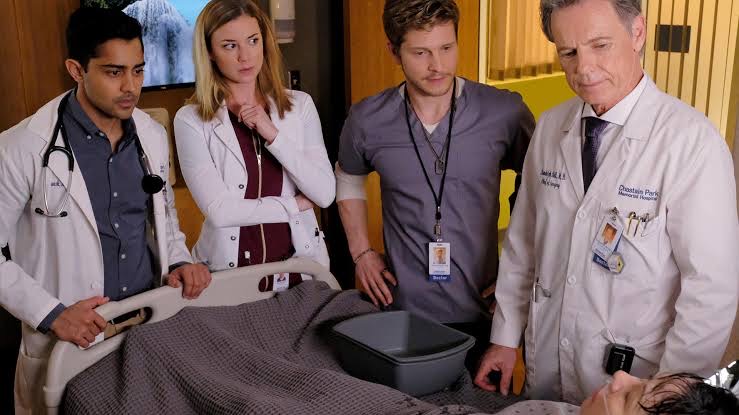needs: Hospital Rounds on the ward (FAQ)
My brain registered she was in hospital. My brain registered they had questions and no answers. My brain registered nurses collecting information and providing comfort where I couldn’t. Every time I asked what was going to happen the answer was “The doctor will come and see you”. The first time I heard that, it was comforting. The second and third time, I began to wonder when, when will the doctor come. I asked “When will the doctor come?” Let’s not underestimate that the tired scared mother took a brave step to ask. Something happens in there, where I feel like I can’t ask things. In a careful, gentle, please be okay with this, I asked again “When will the doctor come?” and a nurse gave me the time (she didn’t have) to tell me.




means: FAQ about hospital rounds
What are Rounds?
If things get worse in hospital doctors will come, if you insist, arrangements will be made and they will come.
Rounds are different. Rounds are the daily check in with the doctor. Rounds are the one guaranteed visit, each day, from the doctor. At Rounds the doctor will assess, work out a plan, order tests, prescribe medication, assess the plan, order more tests, change the plan until they launch a pathway home. I haven’t worked that out from a book, I worked that out from mothering a child through many hospital admissions.
Who comes on hospital rounds?
It is often a big kahuna, the head of department or the closest person to that role. This is followed by a second in charge, protégé, heir apparent type who is not as important but can make decisions. The protégé can order more tests and change medication and when the shit hits the fan, the protégé can get the Big Kahuna. This person is the bridge between the less available big kahuna and the gaggle of baby doctors, who are equal parts keen and stupid. The “who” is important, it is the measure of whether someone is collecting information or if someone is assessing that information.
There is a clear correlation between the seniority and the questions asked. Often, by the time the Big Kahuna is in the room, it is just to make the big call. Conversely, the baby doctors, well, they ask everything that needs to be known and a lot that doesn’t.
Admittedly some of my information comes from Greys Anatomy and ER, but most comes from working out not all white coats are created equal and when it comes to the gaggle, the mother knows more about the kid, the diagnosis, the medication and how to spell it.
When do they happen?
When Rounds happen depends on the preference of the big kahuna but it really is the only piece of information that shapes your day. As soon as we are admitted to the ward, I ask when Rounds happen. The awesome nurse tells me, she really doesn’t know for sure but she usually looks at the chart and says “Oh, you are with neuro, or ortho, or paediatric, or general med and they usually come by at *magic hour*.”
I may have sat there for 23 hours and 15 minutes, but if I am not there during Rounds, it can take another day before I can mention the things no one else has noticed. Everyone in hospital looks at the separate pieces of my girl, but I am the person who looks at the whole girl, so I need to be there for Rounds.
Knowing when Rounds are shapes everything. If possible, pain relief is avoided just before so she knows who is treating her, can be assessed and respond. My beloved knows when to drop in if I need support for that meeting, and personally I know when to eat, shit, shower and administer important things like nail polish and Netflix to my girl.
What can I do at Rounds?
They see a lot of people for a short period. We have had long beside consults, TED talks effectively, and we have had rounds where they barely peep around the curtain as they float between patients with a simple “all good here?”, not pausing for a response.
I have my questions ready. I remind them what they said the day before. If something has changed, I let them know. This is when I give voice to the little nagging things inside me. If they said they were going to do something, order a test, see results, come back, I ask, I ask, I ask. It is uncomfortable to ask, but I am her mother and it’s my only job during Rounds.
They say broadly, reassuringly, “So we are going to get to the bottom of this”
I say “How?”
They say “Blood tests, MRI, CAT scan…” a shopping list of options
I say “When?”
They say “It will be arranged this morning”
I say “Will it happen this morning?”
They say “That will depend…”
And I follow up with the nurse. When she goes for her scan will depend on how busy the techs doing it are and the schedule of the nurse and orderly who will take her. That whole process makes sense but if I ask about the process, then we can try a wash, change of pj’s maybe sheets etc, some things that help my girl feel more like a kid and less like a patient.
What happens after Rounds?
The nurse orders the bloods, the MRI, whatever tools they want to deploy. Then there is waiting, sometimes, and sometimes when its more serious there is no waiting. At the test I always ask, when will the result be ready. I check with the nurse when the results are ready and if the doctor has seen them. This is when I find out if someone is going to talk to me about those tests, or if I will be waiting until Rounds tomorrow and it all begins again.
Hot tips about Rounds
It’s simple, but so many frustrations about not being heard or understood are dispelled quickly if parents are match ready for Rounds.
- Shower early.
- Have notes ready.
- Have reinforcements if you need them. My beloved often shapes his morning and the school drop off to make it for Rounds.
- Have something to do immediately after.
Rounds can be extremely depersonalising, embarrassing and frightening for a kid. So many people asking things about their body, and hearing the questions you ask, seeing your concern, it settles over them. So, we have something to do immediately after. It might be tv, audiobook, a game anything that ends the intrusion and restores the space to a family space.
